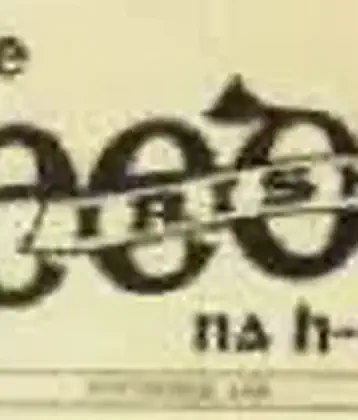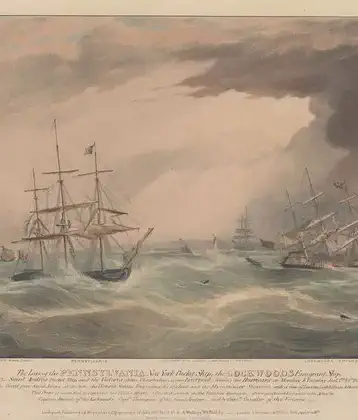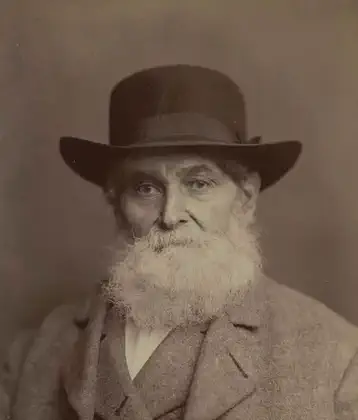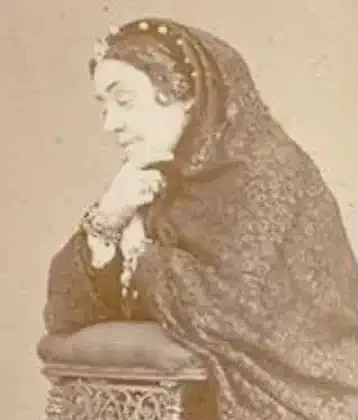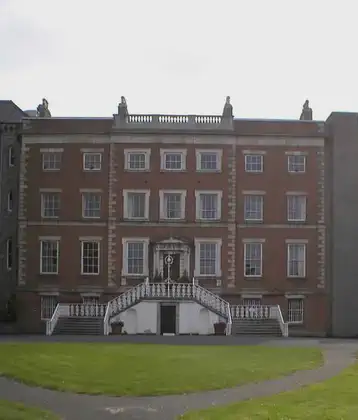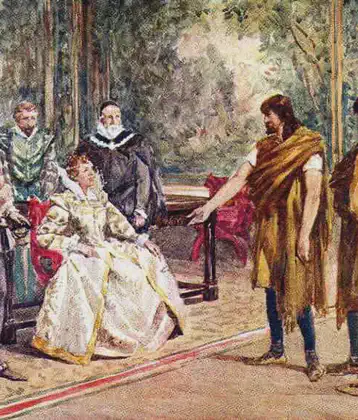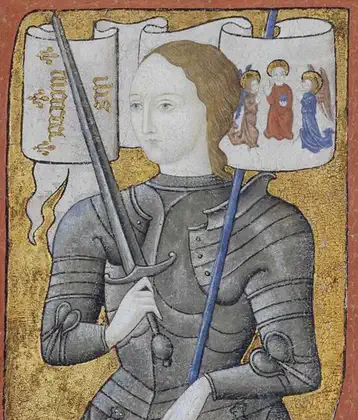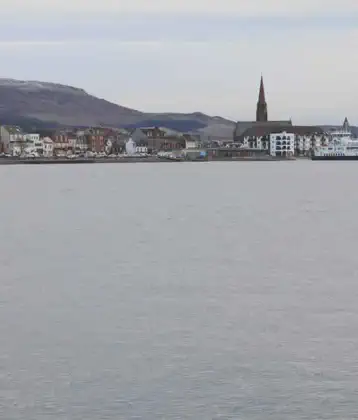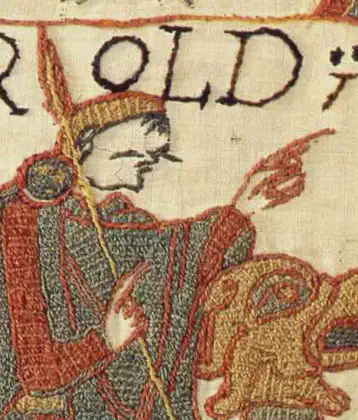On January 06, 1654 in Celtic History
Commissioners are appointed to allot the land of oliver cromwells

The Cromwellian Conquest of Ireland, which took place in the mid-17th century during the English Civil War, resulted in significant changes in land ownership and the displacement of Irish landowners. As part of this process, commissioners were appointed to carry out land allotments in the province of Connacht.
Key points about the appointment of commissioners and land allotments in Connacht:
Cromwellian Conquest: Oliver Cromwell, the leader of the Parliamentarian forces in England, led a campaign in Ireland in the 1649-1653 period. This campaign aimed to subdue and assert control over Ireland, which was largely under Irish and Royalist (supporters of the English monarchy) control.
Land Confiscation: One of the key aspects of the Cromwellian Conquest was the confiscation of land from Irish landowners, particularly those who had been involved in the Irish Confederate Wars. The land was then redistributed to English and Scottish settlers who supported the Parliamentarian cause.
Transplanted Irish: Some of the displaced Irish landowners and their families were allowed to resettle on specific lands in Connacht. These were known as the “transplanted Irish.” However, the land allotted to them was often of lower quality compared to the land taken from them, and they had to accept English legal and land tenure systems.
Commissioners: Commissioners were appointed to oversee and administer the land allotment process in Connacht. The purpose of these commissioners was to carry out the redistribution of land in a systematic manner.
Long-Term Impact: The Cromwellian Conquest had a lasting impact on Irish landownership, with significant portions of land in Ireland coming under English and Scottish control. The legacy of these events contributed to landownership patterns and tensions in Ireland for centuries to come.
The Cromwellian land settlements, including those in Connacht, were a significant and contentious chapter in Irish history, and they contributed to the broader context of land ownership and political conflict in Ireland.
